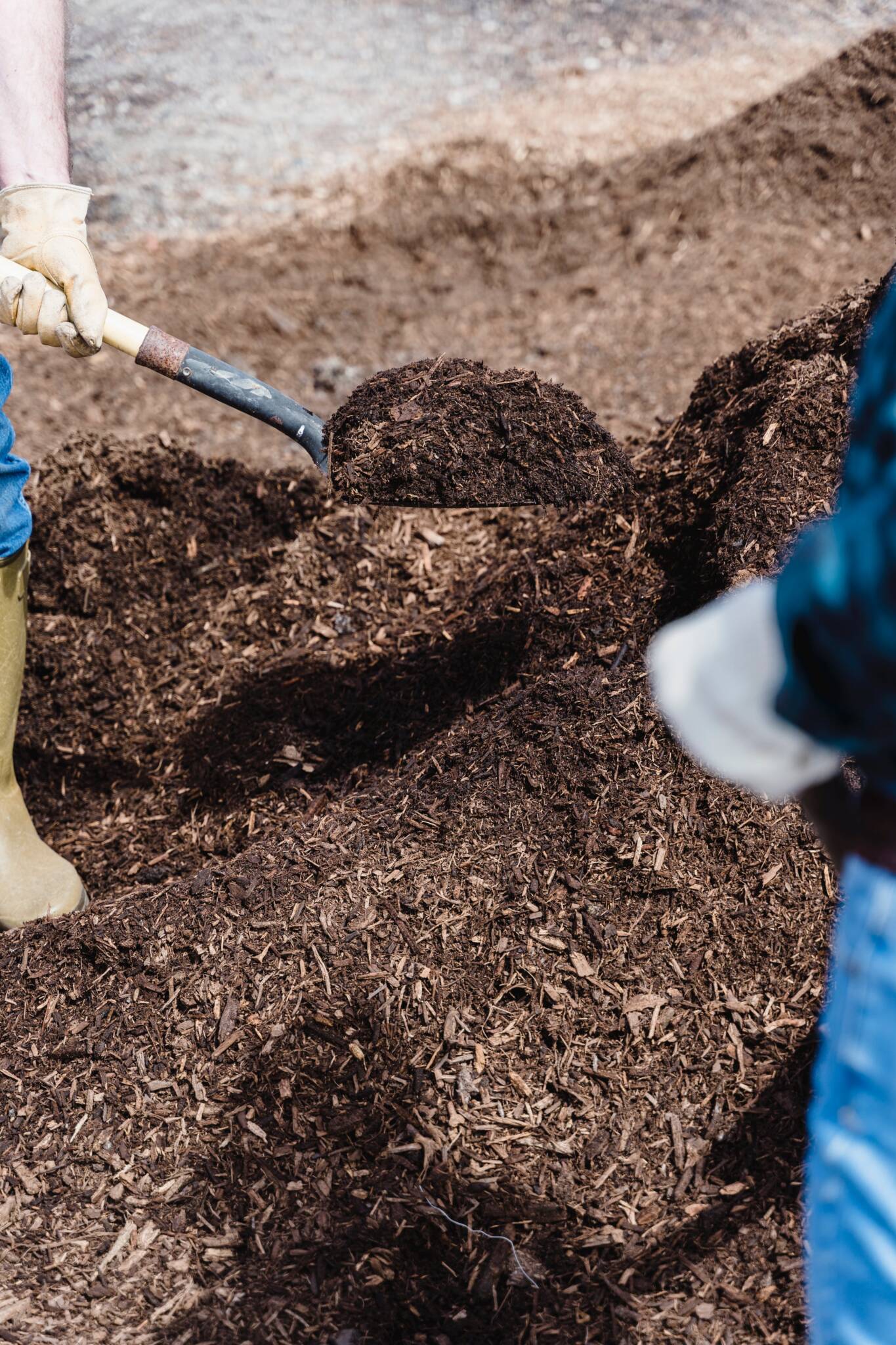For a culture that values stewardship and sustainability, Americans are surprisingly wasteful when it comes to the kitchen. As much as forty percent of the nation’s food supply ends up in landfills.
Here where I live in Fort Collins, food waste—much of which is whole and unconsumed—makes up about a quarter of our trash bags.
I get it, things happen. You plan a meal, then end up eating out. The bananas go bad faster than you expected. A guest only eats half their plate.
We should do our best to minimize our food waste up front, but we will inevitably toss certain items—strawberry tops, egg shells, and avocado pits among them. We can’t control that. However, we can control where all those scraps go.
The problem is, not everyone has the space (or the patience) for their own backyard compost piles. If you do, excellent! But if you don’t, what if someone could do it for you?
Enter: community composting. This involves local organizations—a government, a business, a non-profit, a school, other enterprises, or all combined—collecting an area’s organic scraps, managing compost pile sites, and returning the end product to the community’s soil.

Two people shovel from a compost pile
Benefits of Community Composting
In Colorado and across the U.S., we stand to gain environmentally, economically, and socially from community composting.
Community composting improves soil quality, health, and water retention, helps manage stormwater runoff, and—perhaps most importantly—reduces greenhouse gas emissions. Composting one pound of food, which you can easily generate in a day or two, can be the equivalent of avoiding a seven-mile trip in a gas-powered car.
The CO2 emissions saved by composting in 2018 alone were the equivalent of removing almost 42 million cars from the roads.
Community composting also extends the life of landfills, which is especially appealing here in Northern Colorado given the approaching closure of the Larimer County waste pit. If we don’t want to litter our land with more trash than necessary, community composting is in our best interest.
Economic Impact of Community Composting
Our economies could also benefit tremendously from community composting. The U.S. could save billions per year in municipal waste management costs if communities increased their composting rates.
Farmers and gardeners can also reduce fertilizer, pesticide, and water costs by using community compost, which can then promote the growth of crops that residents can purchase and enjoy. Community composting helps sustain small businesses, create new job opportunities, and reduce financial waste.
Social Impact of Community Composting
Finally, community composting has clear social advantages.
Community composting initiatives can offer residents opportunities to learn more about agriculture and food systems, develop valuable skills and self-sufficiency, fill local food access gaps, and take meaningful action in the face of climate grief.
Participants have a unique chance to form mutually beneficial relationships with each other and their surrounding environment.
Why do so few people compost?
Given all these benefits, why isn’t community composting more popular? After all, only 5% of U.S. food waste was composted in 2019. I chalk it up to perception and policy.
Many Americans, including my family, not only don’t know and don’t care much about composting, but are deterred by myths that composting is too complicated, smelly, attracts rodents, or occupies too much space. These ideas all have some truth to them, but using a tightly-sealed, compact scrap bin under your kitchen sink and subscribing to a curbside compost service easily resolves any issues.
A lack of composting-friendly policies also limits the popularity of the practice. Without zoning rules, public awareness campaigns, and incentives (especially financial) that encourage composting, the practice is likely to remain restricted to a small subset of the U.S. population.
What are some Colorado-based community composting solutions?
So, with all this in mind, what can we do? The most obvious answer is to subscribe to your local community composting service! Fortunately, there are already a handful of Colorado initiatives that are leading the way. Here in Fort Collins, I subscribe to Compost Queen.
For an affordable price, they collect my food scraps twice a month from my apartment, turn it into compost, distribute it to farms, and return a portion back to me.
In the five months that my partner and I have used the service, we’ve diverted 85 pounds of food waste—the equivalent of 85 miles offset, 4,178 smartphones charged, and 38 pounds of burning coal avoided.
Think about how much carbon a family of four or more could save each year! In 2023 alone, Compost Queen prevented 60 tons of CO2 and 7 tons of methane from entering the atmosphere.
Additional community composting initiatives in Colorado include Wompost in Aurora, Food to Power in Colorado Springs, and Table to Farm Compost in Durango, among other options. Denver even added affordable composting to its citywide waste management services just last year.
Although there’s a lot of ground to be covered, this map can help you find a community compost service near you.
What else can I do to support composting in Colorado?
Apart from subscribing to a community composting service, you can also support or petition for policies that promote composting.
Examples include Boulder County’s Zero Waste Ordinance, grant programs for waste diversion projects that are funded by waste disposal fees, statewide laws requiring municipalities to set up community composting services, and financial incentives (like tax breaks) for individuals and businesses who compost. Colorado recycles and composts only 16% of our waste, so every bit of advocacy helps!
Community composting is one of the most straightforward and impactful climate change solutions we can implement. Especially if you subscribe to a service that offers scrap collection, community composting is also a simple way to generate new income, careers, education opportunities, and public health.
So, what are you waiting for? We already pay for trash services that harm our planet, so why not pay for compost collection and creation services that actually do some good? Go get your green bin!
Want to advocate for community composting and other regenerative agriculture-related issues in Colorado? Join our
Regenerative Agriculture committee and come to Promoting Solutions meetings to get involved.

